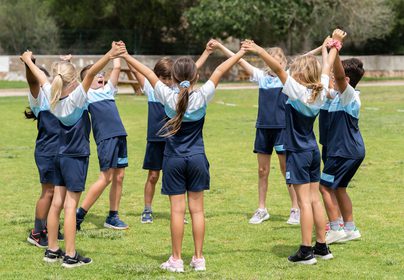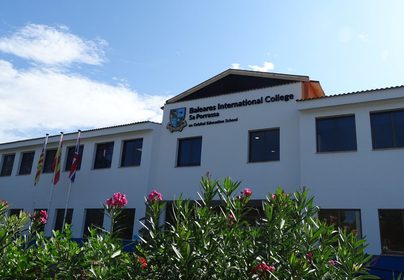A warm and dedicated British Early Years and Primary school in Mallorca, embracing Spanish language and local culture within a diverse and inclusive community.
About us
Sant Agustí is Mallorca’s only international British school dedicated exclusively to Early Years and Primary education—providing a nurturing, high-quality learning environment tailored to young learners.
Parents choose Sant Agustí school for our excellent Spanish programme alongside our British curriculum and personalised teaching from qualified and experienced first language speakers.
Our Sant Agustí school offers a high-quality and specialised primary education, blending a very strong language programme within the framework and milestones of the British curriculum at Early Years (ages 3-5) and key stage 1 (ages 5-7) and key stage 2 (ages 7-11).
We are committed to maintaining reduced group sizes, low teacher-to-child ratios and a secure and happy environment.
At Sant Agustí, we believe that education is about nurturing the whole child. We understand that every child is unique, and our approach is designed to support not only their academic growth but also their social and emotional development.
We are proud of our caring and inclusive community, where teachers and parents work together to lay strong foundations for a love of learning.
Through our purposeful curriculum and environment, we help Sant Agustí children grow into confident, capable, and kind students, prepared for their move to secondary education and lifelong learning.
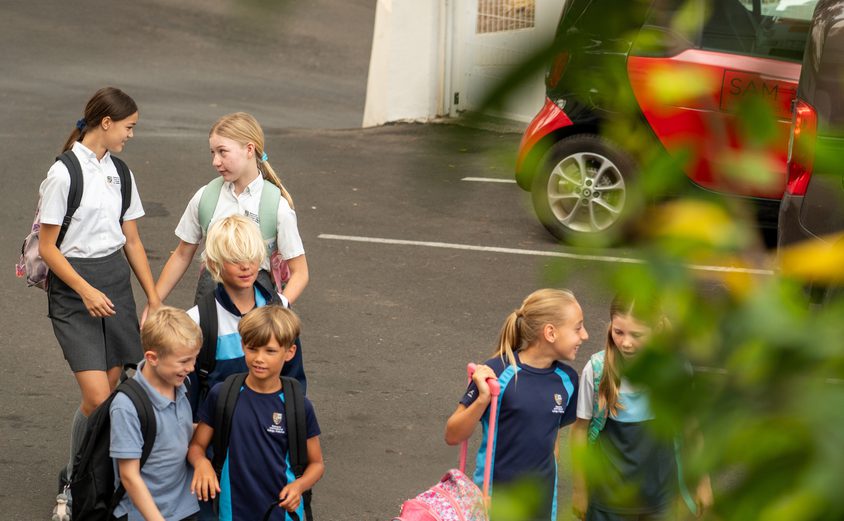

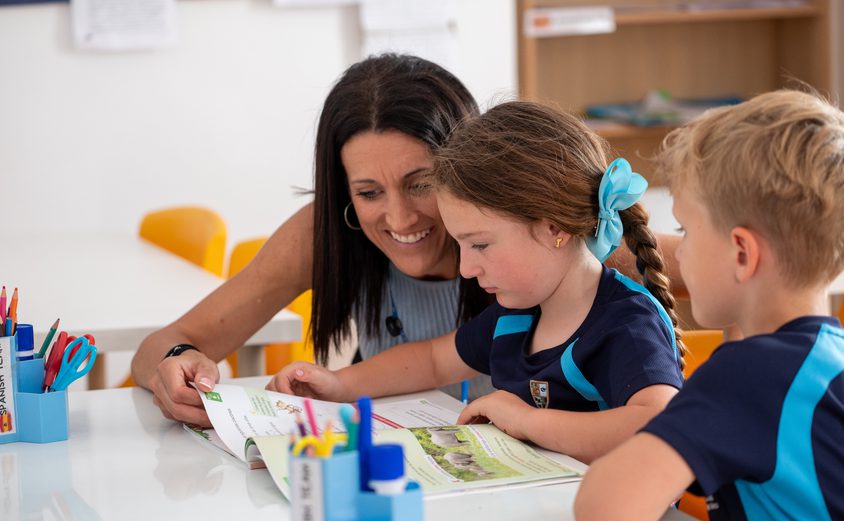
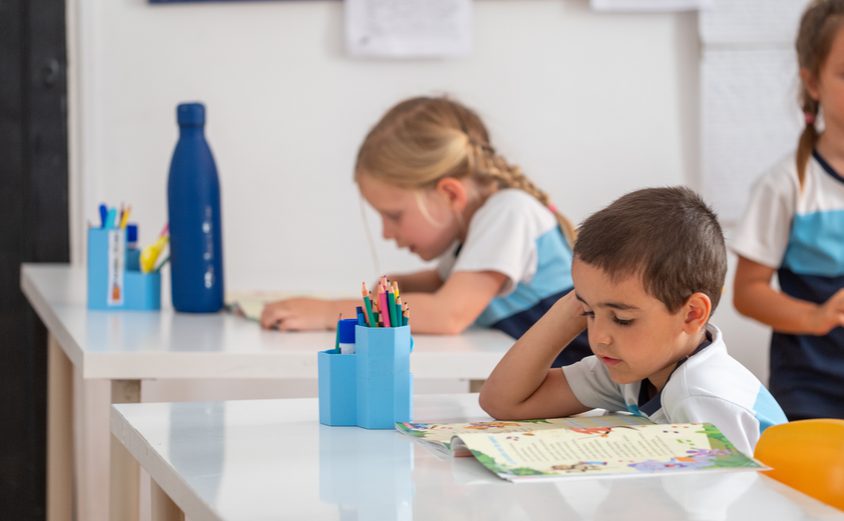
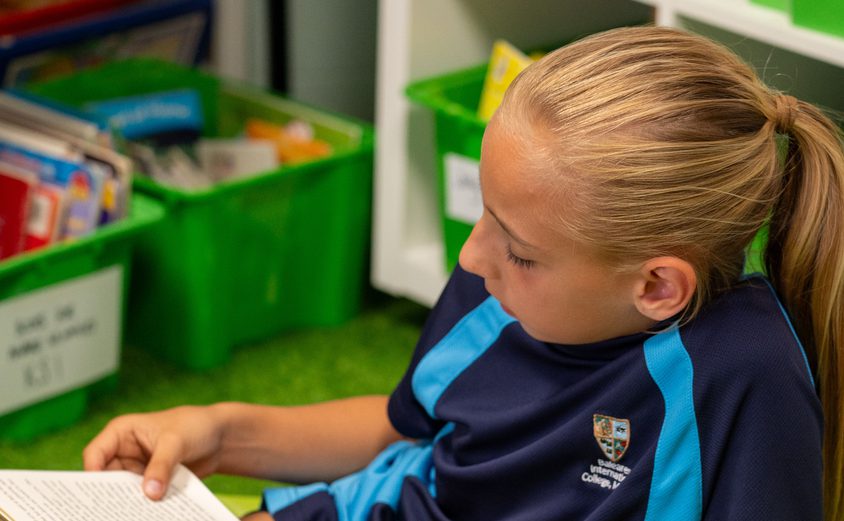
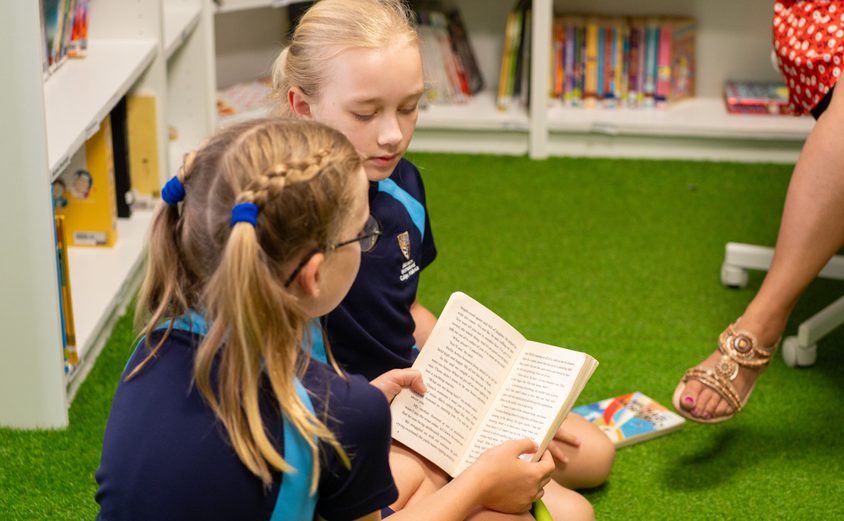
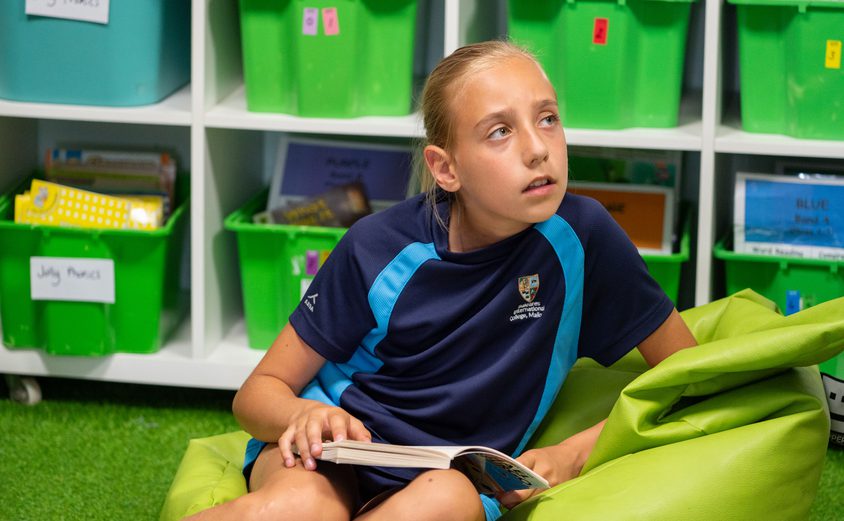
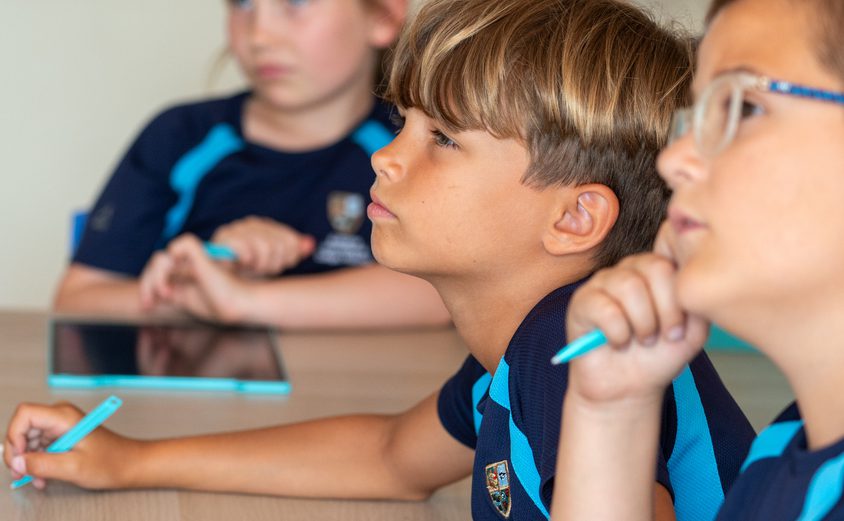
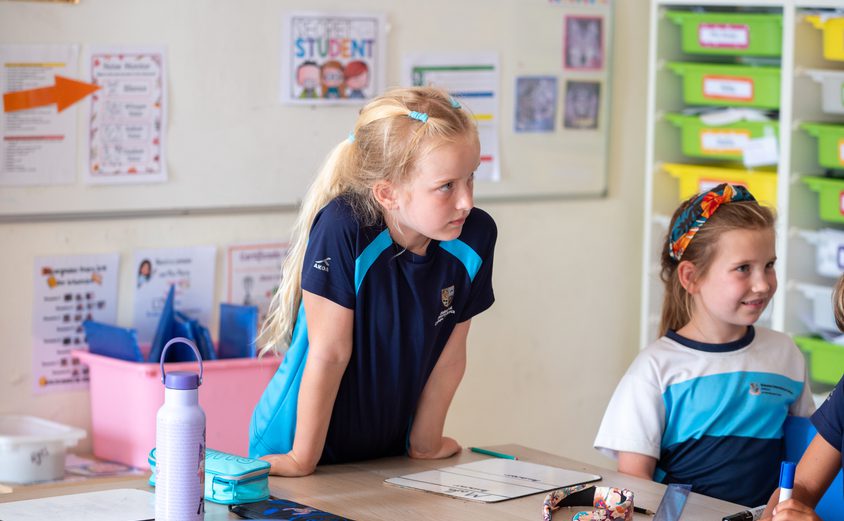
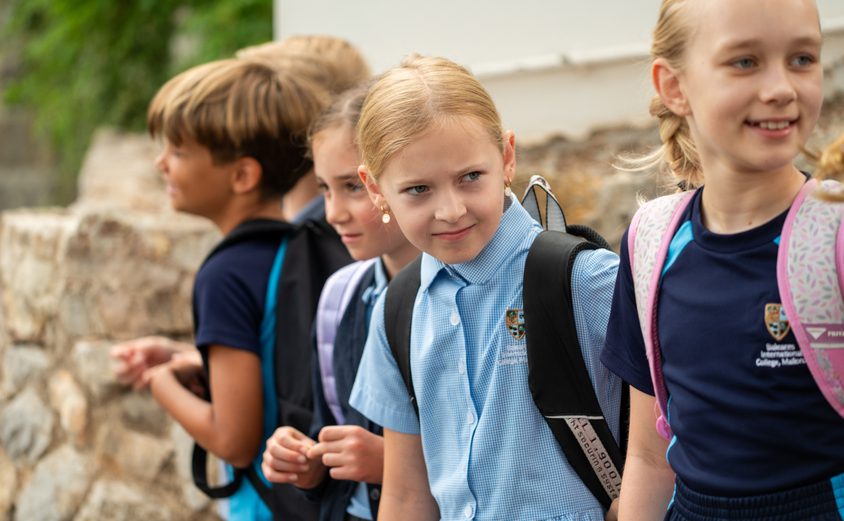
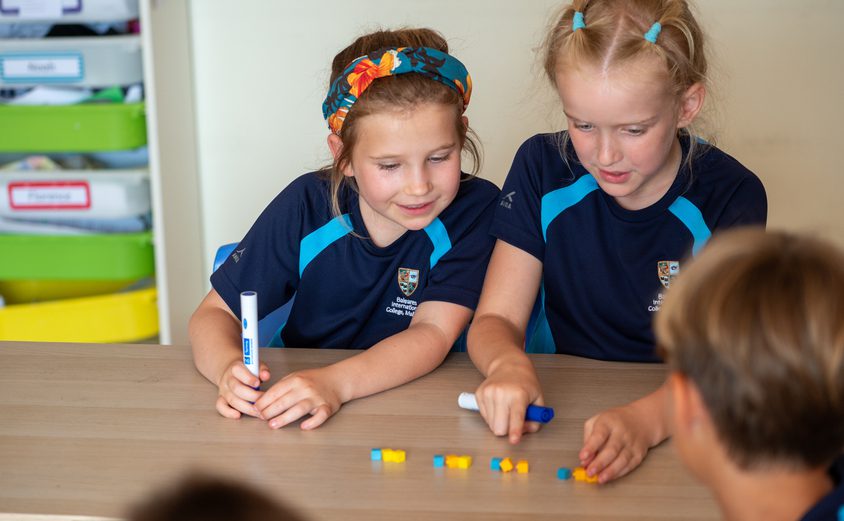
Our Unique History and Values
Founded in 1957, Baleares International College, Sant Agustí has a proud legacy as the first school in Mallorca to be accredited by both COBIS (Council of British International Schools) and NABSS (National Association of British Schools in Spain). These prestigious accreditations reflect our long-standing commitment to delivering high-quality British education and educational excellence.
In 2008, Sant Agustí joined the Orbital Education network, gaining access to global best practices, shared values, and collaborative opportunities across a family of international schools. This partnership enriches our learning environment and strengthens our commitment to continuous improvement.
At the heart of our school are the Orbital values of Excellence, Respect, Responsibility, Integrity, and Compassion. These values guide our teaching, relationships, and decision-making, ensuring that every child is supported to grow academically, socially, and emotionally.
Orbital Education - A Global Community of Excellence
The Orbital Education network spans four continents—Europe, Asia, North America, and South America—with 13 outstanding international schools educating over 7,500 students, supported by more than 900 dedicated educators.
Each school celebrates diversity, rooted in its local culture and language, while embracing a multi-language approach and a shared global vision. This creates vibrant, inclusive communities where students thrive both academically and personally.
Orbital schools are united in their unwavering commitment to exceptional education. Excellence here means more than strong academic results—it means nurturing the whole child. Our ethos centres on wellbeing, personal growth, and helping every student fulfil their potential while enjoying their school experience.From our central team to our youngest learners, everyone in the Orbital community is encouraged to live by our core values. Together, we create supportive, inspiring environments where every child can flourish.
The British Curriculum
We deliver the best of British Primary Education following the Early Years Framework in Nursery and Reception classes (ages 3-5) and the English National Curriculum from Year 1 to Year 6 which is divided into two educational stages shown below.
The children in Early Years follow a broad and balanced curriculum following the British Early Years Foundation Stage Framework.
The emphasis is on learning through play-based activities, with adult-led, adult-initiated and child-initiated tasks. Children are engaged in activities which stimulate their interests as well as help their development in all areas of growth and development. There are constant opportunities to develop English speaking and listening skills, developing the beginnings of reading and writing and for working cooperatively. During the year the children will be looking at a variety of carefully planned units of work which will cover all the 7 areas of learning.
| Key Stage 1 | |
|---|---|
| Year 1 | 5-6 years old |
| Year 2 | 6-7 years old |
| Key Stage 2 | |
| Year 3 | 7-8 years old |
| Year 4 | 8-9 years old |
| Year 5 | 9-10 years old |
| Year 6 | 10-11 years old |
In both KS1 and KS2 we follow the British National Curriculum, which includes Spanish and Catalan language and culture. The subjects taught from the British Curriculum are English, maths, science, humanities (history and geography), computer science, physical education (PE), music, personal social health and economic education (PSHE) and art. From Year 3 onwards students can select to study an additional language of German or French.
This is optional and students can also continue with additional English and learning support during this time. Each subject is taught through units of work to cover the curriculum throughout each Key Stage. Examples of these units are The Romans (history), Place Value (maths), Tourism (geography) and basketball (PE). At the beginning of each term, a termly overview will be sent to each class to inform parents what will be taught that term.


